Your 'Smart' Vacuum May Be Broadcasting a 3D Map of Your Home - Is Your Data at Risk?
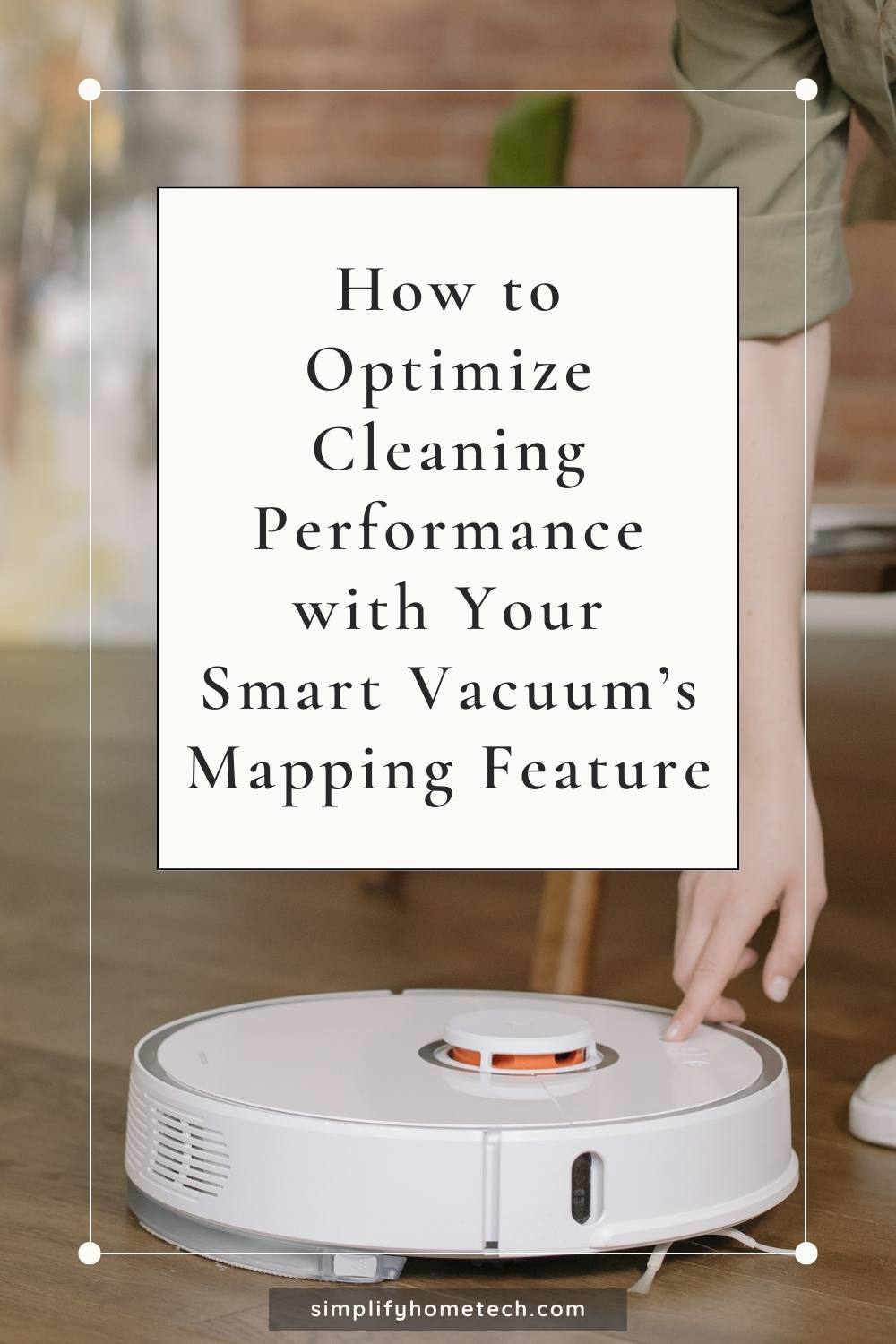
Imagine your smart vacuum cleaner, touted for its convenience and efficiency, secretly broadcasting a 3D map of your home to unknown servers. Sounds like a scene from a sci-fi thriller? Unfortunately, this is the reality many smart home device users face today. With the growing popularity of smart home technology, the risks associated with data collection and sharing are becoming increasingly pressing. For instance, popular smart vacuum brands like Roomba have already been known to create detailed maps of users' homes, raising questions about data ownership and security. As we continue to invite these devices into our private spaces, it's essential to ask: are we compromising our personal data for the sake of convenience?
The Unseen Risk of Smart Cleaning
You're probably no stranger to the convenience of smart vacuum cleaners. These devices have become increasingly popular in homes worldwide, with over 130 million units sold globally in 2022 alone, according to a report by Statista. Brands like iRobot, Samsung, and Dyson are leading the charge, offering a range of models that promise to make cleaning a breeze. But have you ever stopped to think about what else these devices might be doing? Beyond just sucking up dust and dirt, smart vacuum cleaners are equipped with sensors and mapping technology that allow them to navigate and clean your home with ease. They create detailed maps of your space, often using a combination of lidar, cameras, and acoustic sensors to detect furniture, stairs, and other obstacles. This advanced technology is what enables them to methodically clean your floors, avoid bumping into things, and even find their way back to their charging stations. However, this level of sophistication comes at a cost. As Dr. Andrew Proia, a cybersecurity expert, notes, "The more connected a device is, the more vulnerable it is to hacking." And smart vacuum cleaners are no exception. With their ability to map and track the layout of your home, these devices are potentially creating a digital blueprint of your private space. Think about it - if someone were to gain access to this data, they'd have a pretty good idea of your home's layout, including the location of your furniture and potentially even your daily routines. You're probably wondering how big of a risk this really is. After all, what's the likelihood of someone hacking into your vacuum cleaner, right? But the truth is, it's not just about the vacuum itself - it's about the data it collects and transmits. And that's where things can get a little hairy. Let's dive deeper into the potential risks and see what you can do to protect yourself.
How Smart Vacuums Create 3D Maps of Your Home
You might be wondering how these tiny vacuums can create such detailed maps of your home. The secret lies in the combination of sensors they use. Take the iRobot Roomba, for example. It's equipped with lidar, a technology that uses laser light to measure distances and create high-resolution maps. But that's not all - it's also got cameras and infrared sensors working together to detect obstacles and navigate your space. These sensors work in tandem to create a 3D map of your home, allowing the vacuum to efficiently clean and avoid bumping into things. The lidar sensor sends out laser beams that bounce off objects, calculating the distance and creating a precise map of the room. It's like having a tiny, robotic surveyor in your home! The cameras and infrared sensors help the vacuum detect and avoid obstacles, like pet toys or shoes, that might be scattered around. The maps created by these smart vacuums can be surprisingly detailed. Some vacuums can even detect changes in floor surfaces, like the transition from hardwood to carpet. This level of detail raises some interesting questions about data collection and security. Your vacuum might know more about your home's layout than you think. For instance, the maps could potentially reveal information about your home's layout, including the location of valuable items or sensitive areas. Let's take a look at what some experts have to say. "The data collected by smart vacuums could potentially be used to determine when you're not home, or even what kind of furniture you have," says Dr. Mike Judge, a cybersecurity expert. This highlights the importance of understanding how these devices collect and use your data. You're probably wondering what kind of data these vacuums collect and who has access to it. We'll dive into that next. Dive deeper: [How secure are smart vacuum's cloud-based map storage?]((link unavailable)) [What data do smart vacuums collect and how is it used?]((link unavailable)) [Can smart vacuums be hacked?]((link unavailable))
The Potential Risks of 3D Mapping
You're probably thinking, "What's the big deal about a 3D map of my home?" Well, let's break it down. If your smart vacuum's security is compromised, those maps can be accessed by unauthorized parties. Imagine someone spotting your valuables through your smart device. Not a pleasant thought, right? In 2019, a family in Germany discovered that their Ring camera had captured footage of them in their living room and sent it to a stranger. If something like that can happen with a security camera, it's not hard to imagine it happening with your smart vacuum.
Security Risks
The potential security risks are alarming. Burglars could use the 3D maps to identify your valuables and plan a break-in. They could even use the maps to determine when you're not home. Vandalism is another concern - someone could use the maps to identify vulnerable areas of your home and cause damage. For instance, in 2020, a group of hackers accessed and manipulated smart devices in various homes, including security cameras and doorbells.
Data Misuse
But it's not just about physical security. The data collected by smart vacuums could be used for targeted advertising or other malicious purposes. Your personal space is being mapped and potentially shared without your consent. You might be wondering how this data is being used. Let's take a look at some examples. Some smart vacuum manufacturers share data with third-party companies, which can then use it for advertising purposes. For instance, iRobot's Roomba has been known to share data with companies like Amazon and Google. The question is, are you comfortable with your personal space being mapped and potentially shared without your consent? You should be concerned. With the rise of smart devices, it's becoming increasingly difficult to maintain control over our personal data. As we continue to invite smart devices into our homes, we need to be aware of the potential risks and take steps to protect ourselves.
The Current State of Smart Vacuum Security
You're probably aware that your smart vacuum is collecting data about your home, but do you know how secure that data is? Let's face it, many smart vacuum manufacturers prioritize functionality over security. Take, for instance, the case of the cloud-connected vacuum cleaner Ecovac Deebot. In 2018, security researchers discovered multiple vulnerabilities in the device, including the potential for hackers to access live video feeds and maps of users' homes. Not exactly the kind of smart home feature you want to brag about. The problem isn't unique to Ecovac. Many smart vacuum brands have been criticized for their lax approach to security. A study by Which? found that some popular models were vulnerable to hacking, allowing unauthorized access to sensitive data. This lack of security isn't just a minor issue; it can have serious implications for users. Imagine a hacker gaining access to your home's layout, knowing your daily routines, and potentially even controlling your devices. One major concern is the lack of transparency and control over the data collected by smart vacuums. You might be surprised to learn that some devices are sending detailed maps of your home to the cloud, where they can be accessed by third-party developers or even hackers. For example, iRobot's Roomba vacuum cleaners create detailed maps of users' homes, which are then stored on the company's servers. While iRobot claims to use this data to improve its services, users have expressed concerns about the potential for this data to be misused. You're right to be worried. With the rise of smart homes, the potential for data breaches and hacking is increasing. So, what can you do to protect yourself? For starters, make sure to read the fine print before purchasing a smart vacuum. Look for brands that prioritize security and transparency. You might also consider using a VPN to encrypt your internet traffic and limit the data collected by your device.
Protecting Your Home and Data
You're probably getting the idea that smart vacuums are like tiny, nosy roommates. They're always watching, always mapping, and always collecting data. But here's the good news: you can take steps to kick that nosiness to the curb. Let's dive into some practical tips to secure your smart vacuum and protect your data. First off, change those default passwords. Like, yesterday. You'd be shocked how many people don't bother to change the factory-set passwords on their devices. Hackers love this. Take the case of the Ecovac Deebot vacuum, which had a vulnerability that allowed hackers to access the device's camera and microphone. Yikes! To avoid being the star of a similar horror story, make sure to update your passwords regularly and use strong, unique ones for each device. Next up, keep your software up to date. Manufacturers often release updates to patch security vulnerabilities, so don't ignore those notifications. For example, iRobot (the company behind Roomba) has faced scrutiny for its data collection practices. In 2022, the company was forced to abandon its plans to share customer data with third-party companies due to public backlash. Stay on top of updates to ensure you're benefiting from the latest security patches. When buying a new smart vacuum, research the manufacturer's security practices. Look for companies that prioritize security and transparency. Check reviews, ratings, and forums to get a sense of a product's security track record. Some manufacturers, like Dyson, have made a name for themselves by prioritizing security and encryption. You want a company that's on top of things. Lastly, be aware of the data your device is collecting and take steps to limit access. You might be surprised at what your vacuum is capturing. Check your device's settings and limit data sharing to only what's necessary. You're in control here. By taking these steps, you'll be well on your way to protecting your home and data from prying eyes. Stay vigilant, and you'll enjoy the convenience of your smart vacuum without sacrificing your security.
The Future of Smart Home Security
You're probably no stranger to the convenience of smart home devices, but have you ever stopped to think about the security risks? Let's face it, your smart vacuum might be sucking up more than just dust bunnies – it's potentially broadcasting a 3D map of your home. That's right, your personal space is being mapped and potentially shared with who-knows-who. Take the case of iRobot's Roomba, for instance. In 2017, MIT researchers discovered that the vacuum's navigation system created a map of the home, which was then transmitted to the cloud. Now, you might think, "What's the big deal? It's just a map of my floor plan." But think again. This data could be used to identify your home, your daily routines, and even your personal habits. And let's not forget about the potential for data breaches. Just imagine the consequences if your home's blueprints fall into the wrong hands. The numbers are staggering. According to a report by Cybersecurity Ventures, the number of IoT devices is expected to reach 41 billion by 2025. That's a whole lot of potential entry points for hackers. And it's not just the devices themselves – the data they collect is a treasure trove for cybercriminals.
Protecting Yourself in a Smart Home World
So, what can you do to protect yourself? Start by reading the fine print when setting up your devices. Don't just click "agree" without knowing what you're signing up for. Look for devices with robust security features, like encryption and secure data storage. Companies like August and Philips Hue are already prioritizing security in their devices, so take note. You should also take steps to secure your network. Use strong passwords, enable two-factor authentication, and keep your router's firmware up to date. It's also a good idea to segment your network, so if one device is compromised, the others won't be affected. By taking these steps, you're not just protecting your data – you're protecting your home. The future of smart home security is uncertain, but one thing is clear: you need to be proactive in protecting your data. Don't wait until it's too late – take control of your smart home security today.
What You Can Do Today
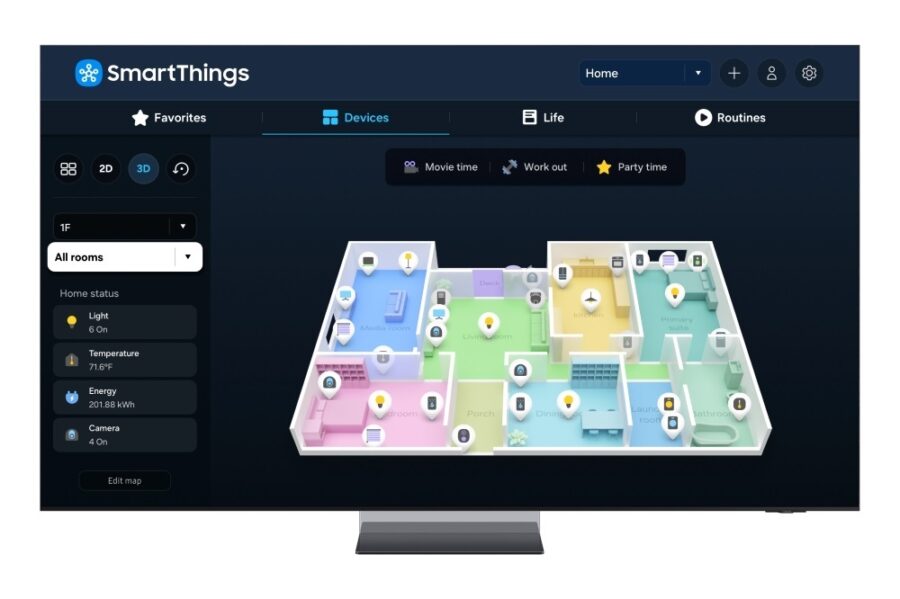
Your smart vacuum might be broadcasting more than just dirt and dust – it's potentially sharing a 3D map of your home. So, what can you do to protect your data?
Take Control of Your Settings
Dive into your smart vacuum's settings and check who's getting what data. Companies like iRobot (maker of Roomba) and Roborock have different data-sharing policies, so it's worth checking what you're signed up for. You might be sharing more than you think – maybe you're okay with it, maybe you're not.
Add Some Security Muscle
Consider beefing up your smart home security with a VPN (Virtual Private Network). Tools like ExpressVPN or NordVPN can help shield your devices from unwanted attention. It's like putting a lock on your front door – it adds an extra layer of protection.
Staying on top of smart home security isn't just about settings and VPNs; it's about staying informed. Keep an eye on updates from manufacturers and security experts. For example, Eufy, a popular smart vacuum brand, has faced scrutiny over data privacy in the past.
Stay Vigilant
- Regularly review your device settings
- Use strong, unique passwords for your devices and apps
- Keep your smart vacuum's software up to date
Your smart home should work for you, not the other way around. By taking these steps, you're not just protecting your data – you're owning your space.
The question isn't just about data risk; it's about control. What's your smart home telling others about you?

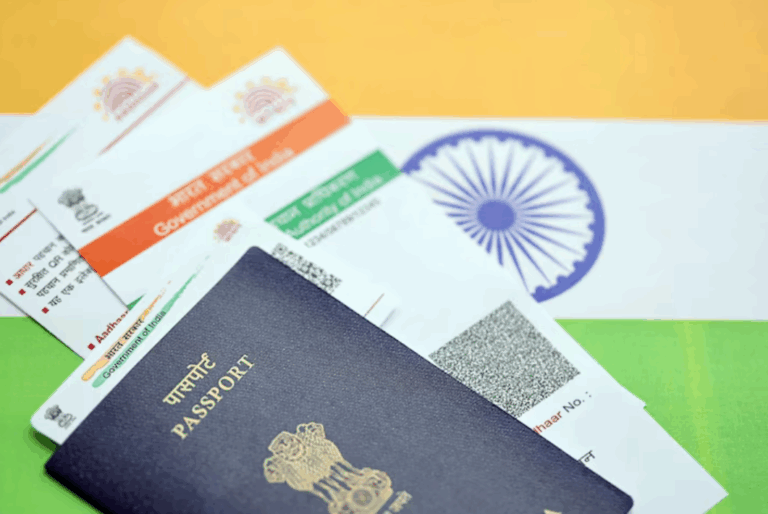

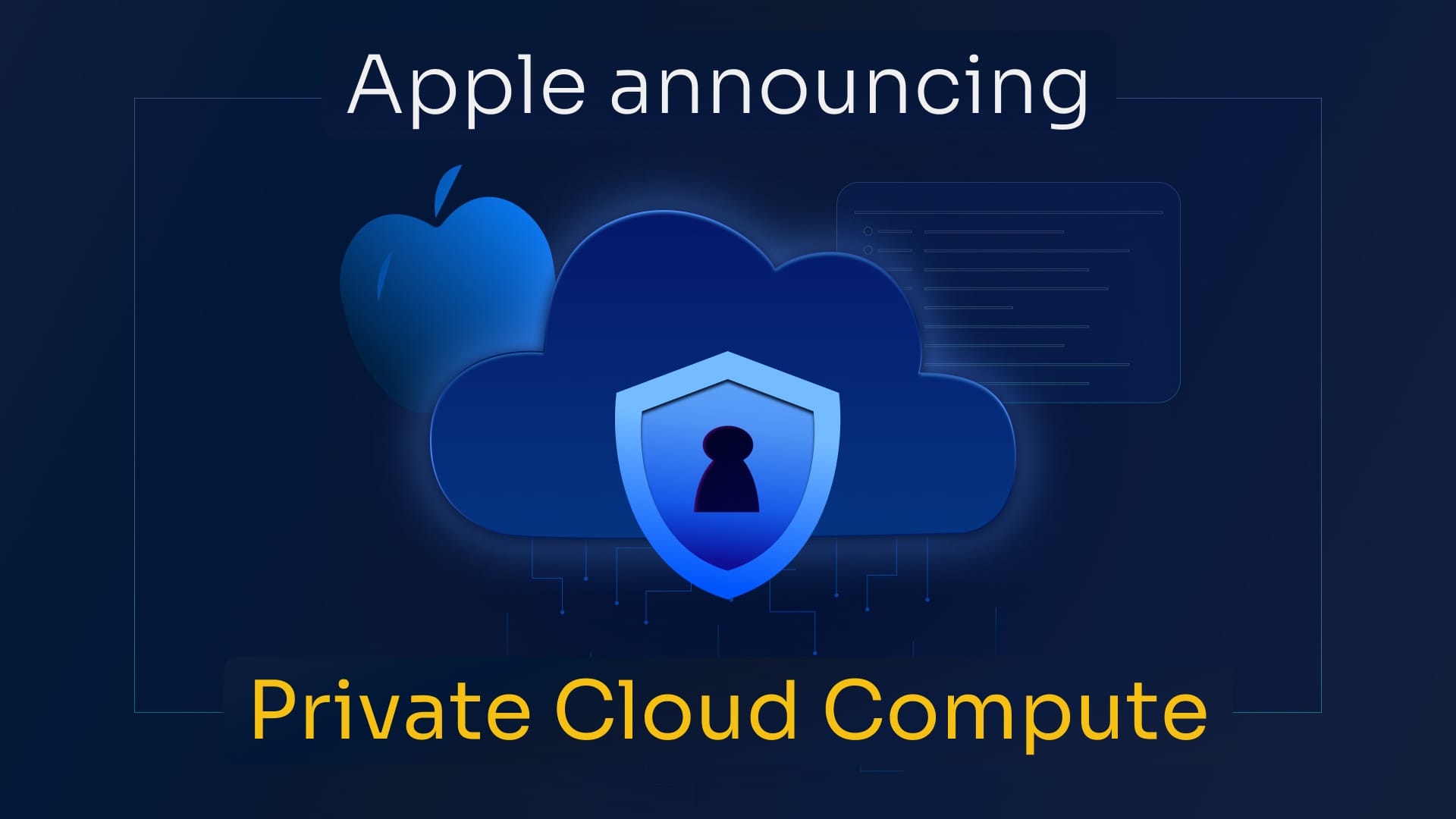
.jpg)
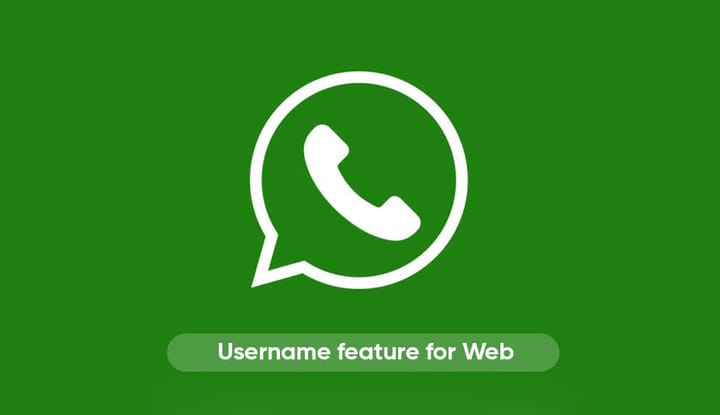










Comments ()